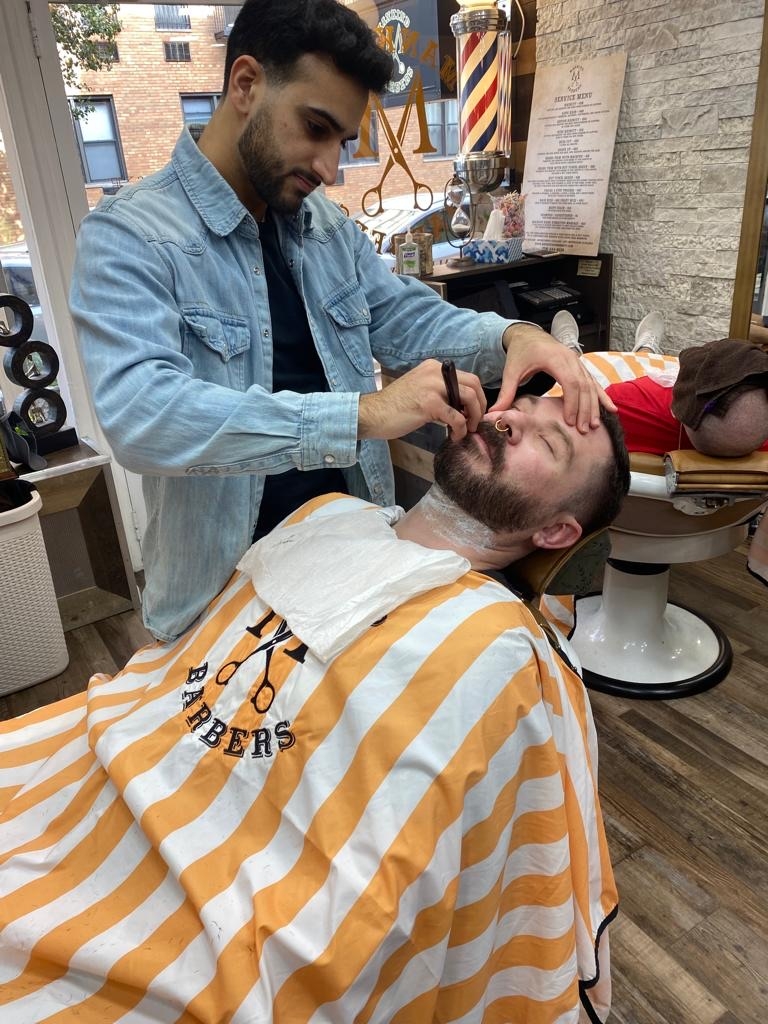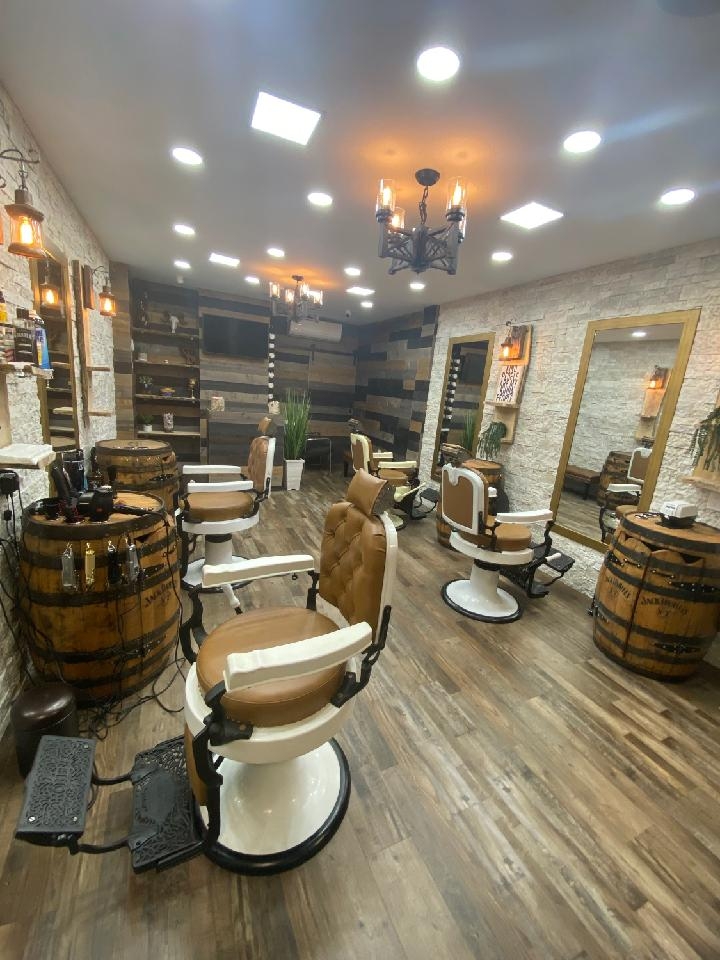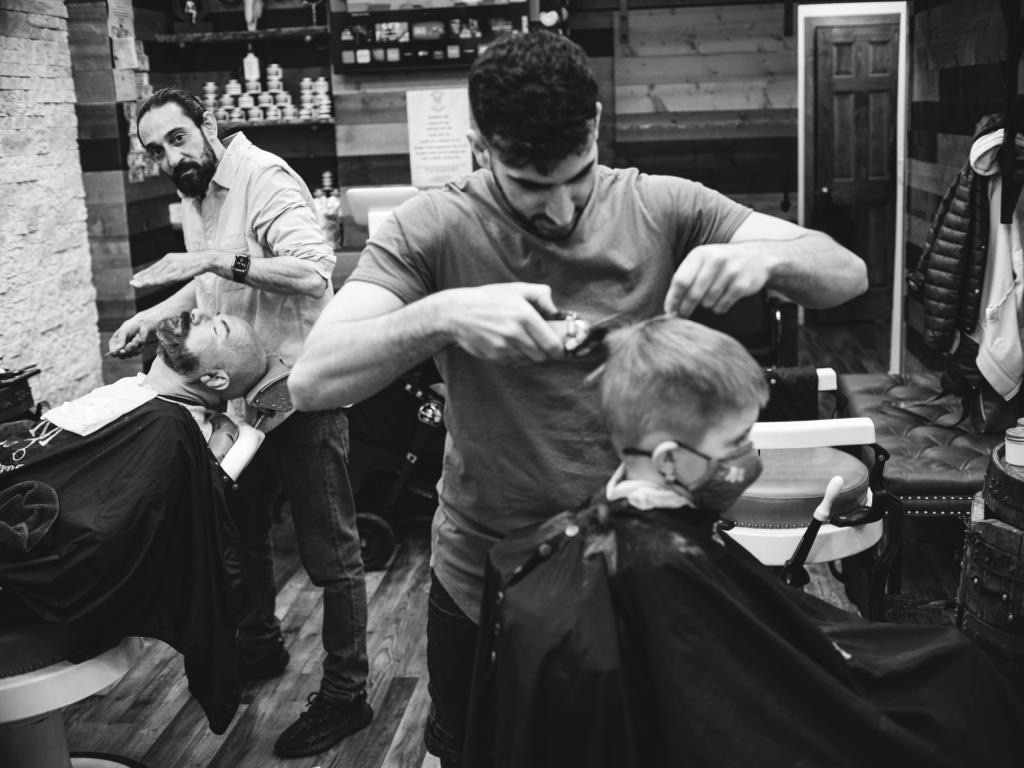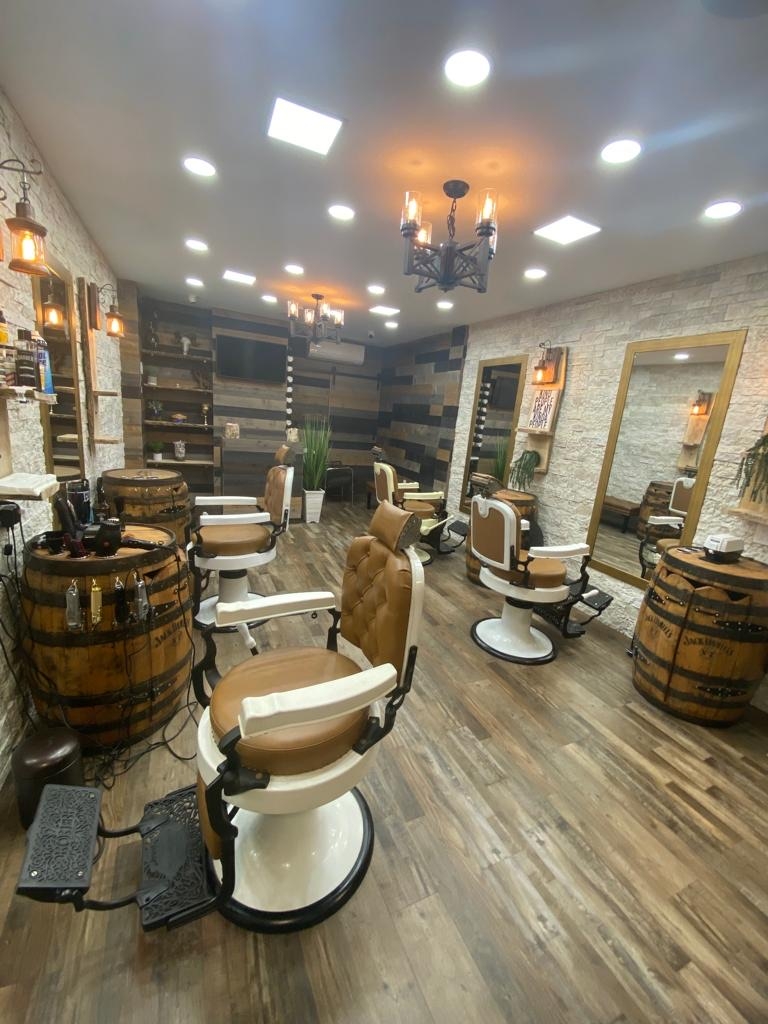

The most popular protective styles offered at Afro-centric hair salons in NYC typically include box braids, Senegalese twists, faux locs, and crochet braids. These styles not only protect the natural hair from daily manipulation and environmental damage but also allow for versatility in styling and length.
Afro-centric hair salons in NYC cater to natural hair textures and styles by offering services such as wash-and-go styling, twist-outs, braid-outs, and silk presses. These salons understand the importance of embracing and enhancing the natural texture of the hair, whether it be curly, coily, or kinky, and provide specialized treatments and techniques to maintain its health and beauty.
Tax write-offs for barbers can be a great way to save money on taxes. Barbers can take advantage of a variety of deductions and credits to reduce their taxable income and save money. Here are some of the most common tax write-offs for barbers in 2024. 1. Professional Expenses: Barbers can deduct expenses related to […]

Posted by on 2024-01-02
youtube.com/watch
Posted by on 2023-11-13
youtube.com/watch

Posted by on 2023-11-07
When it comes to hair care, most people focus on styling and coloring their hair, but they overlook the importance of having clean hair before a haircut. Not only does shampooing your hair before a haircut make the barber’s job easier, but it also has many benefits for the health and appearance of your hair. […]

Posted by on 2023-08-08
Specialized treatments for hair growth and scalp health offered at Afro-centric hair salons in NYC may include scalp massages, hot oil treatments, deep conditioning masks, and steam treatments. These treatments help to stimulate blood flow to the scalp, nourish the hair follicles, and promote healthy hair growth from the roots.

Afro-centric hair salons in NYC often recommend hair care products that are specifically formulated for natural hair, such as sulfate-free shampoos, moisturizing conditioners, leave-in conditioners, and natural oils like coconut oil, jojoba oil, and argan oil. These products help to hydrate, strengthen, and protect the hair without stripping it of its natural oils.
When it comes to locs and braids, Afro-centric hair salons in NYC address the unique needs of these styles by offering services such as loc maintenance, braid touch-ups, and scalp treatments. Stylists are trained in the proper techniques for installing and maintaining locs and braids to ensure the health and longevity of the style.

Stylists at Afro-centric hair salons in NYC use various techniques for achieving defined curls and coils, such as twist-outs, bantu knots, flexi rod sets, and finger coils. These techniques help to enhance the natural curl pattern of the hair and create long-lasting, defined curls and coils that are full of volume and bounce.
Afro-centric hair salons in NYC often provide consultations for clients looking to transition to natural hair. During these consultations, stylists assess the current state of the client's hair, discuss their hair goals, and recommend personalized hair care routines and treatments to help them embrace and care for their natural hair. Clients are also educated on the importance of proper hair care practices and products for maintaining healthy, beautiful natural hair.

During the 1920s, jazz musicians frequenting Harlem clubs were known for their impeccable grooming habits. These musicians often sported slicked-back hair, well-trimmed mustaches, and tailored suits. They paid great attention to detail when it came to their appearance, ensuring that they looked sharp and stylish while performing on stage. Many jazz musicians also used pomade to keep their hair in place and maintain a polished look throughout the night. Overall, grooming was an important aspect of the jazz culture in Harlem during this time, reflecting the sophistication and elegance of the era.
The arrival of Chinese immigrants in Flushing during the 1980s had a significant impact on the barbershop scene in the area. As more Chinese immigrants settled in Flushing, there was a growing demand for barbershops that catered to their specific needs and preferences. This led to the establishment of new barbershops that offered services such as traditional Chinese haircuts, shaves, and grooming techniques. Additionally, the presence of Chinese barbershops in Flushing created a diverse and vibrant barbershop culture, attracting customers from different backgrounds who were interested in experiencing a variety of grooming traditions. Overall, the influx of Chinese immigrants enriched the barbershop scene in Flushing, contributing to its reputation as a hub for multicultural grooming experiences.
During the 1960s in Greenwich Village, there were several barbershops known for their association with the Beat Generation. One notable establishment was Joe's Barbershop, frequented by poets, writers, and artists who were part of the countercultural movement. Another popular spot was Jack's Barbershop, where Beatniks would gather to discuss literature, politics, and philosophy while getting their hair cut. These barbershops became hubs for creative expression and intellectual exchange, reflecting the bohemian spirit of the era. The atmosphere in these establishments was often described as eclectic, with a mix of traditional barbering techniques and avant-garde aesthetics. Overall, these barbershops played a significant role in shaping the cultural landscape of Greenwich Village during the 1960s.
During the Great Depression, the business of barbershops in Brooklyn experienced a significant decline in customers and revenue. As unemployment rates soared and disposable income dwindled, many individuals could no longer afford regular grooming services. This led to a decrease in foot traffic and a decrease in demand for haircuts, shaves, and other barbering services. Barbershops in Brooklyn had to adapt by offering discounted rates, implementing cost-saving measures, and diversifying their services to attract customers. Despite these efforts, many barbershops struggled to stay afloat during this challenging economic period. The Great Depression had a lasting impact on the barbershop industry in Brooklyn, shaping the way businesses operated and interacted with their clientele for years to come.
During the 1970s in Greenwich Village, barbershops served as important gathering places for the LGBTQ+ community. These establishments provided a safe space for individuals to express themselves freely and openly, away from the discrimination and judgment they may face in other public spaces. Barbershops in the area often catered to a diverse clientele, including members of the LGBTQ+ community, who found comfort and acceptance within their walls. Additionally, barbershops in Greenwich Village during this time period were known for fostering a sense of community and solidarity among LGBTQ+ individuals, creating a supportive network for those who may have felt marginalized or isolated. Overall, barbershops played a crucial role in providing a sense of belonging and camaraderie for LGBTQ+ individuals in Greenwich Village during the 1970s.